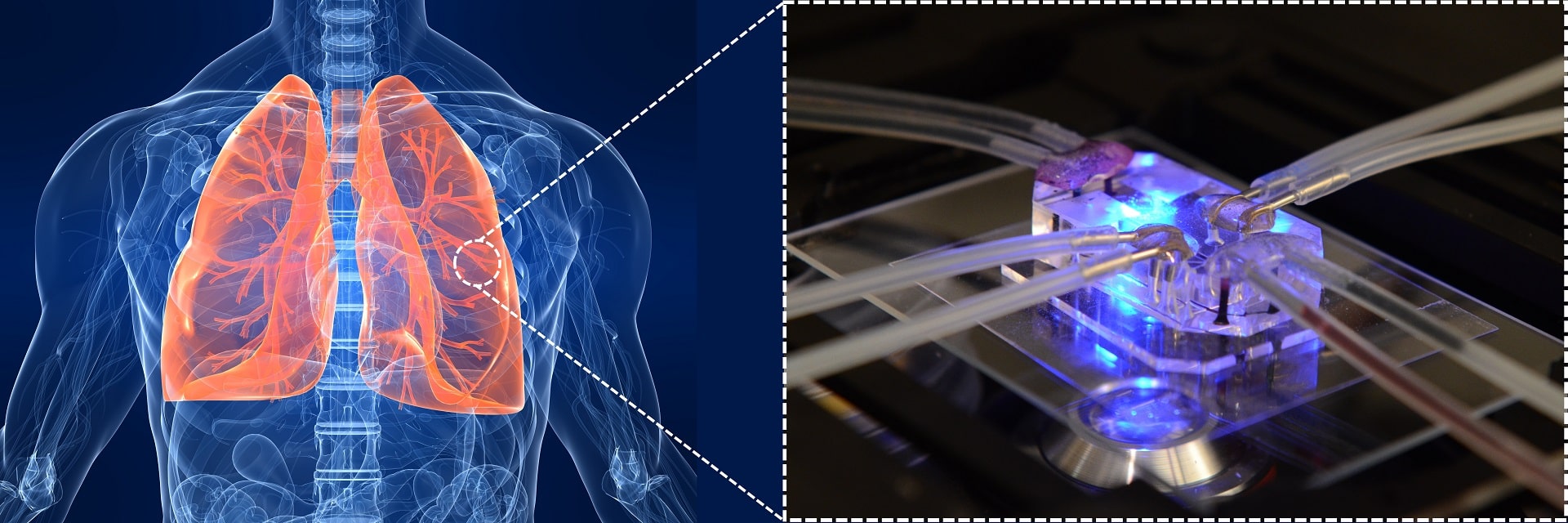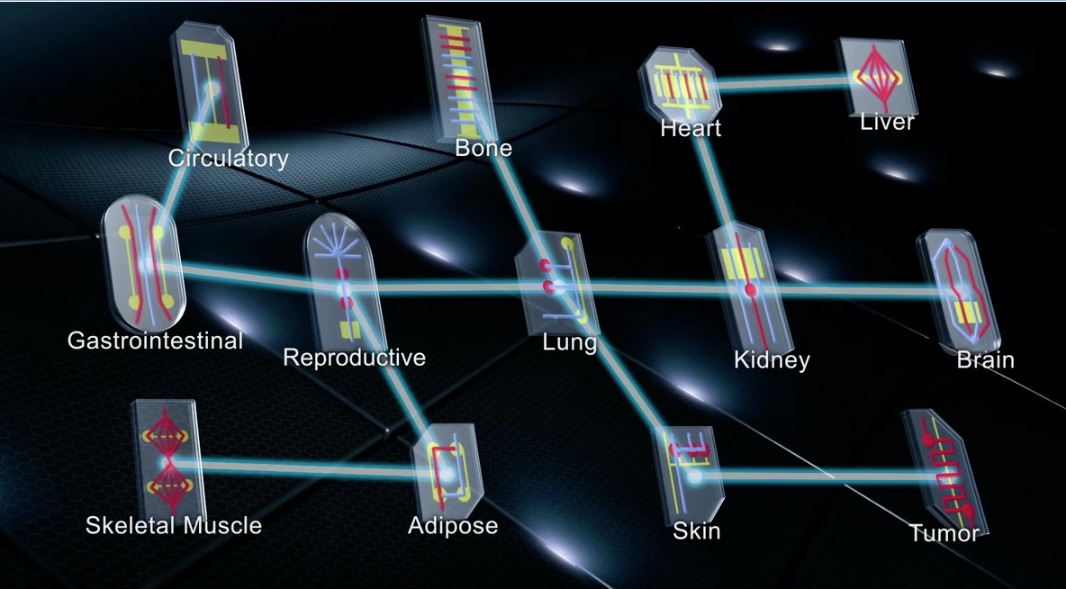
Minimizing harm to patients from inadequately-tested new pharmaceuticals — and the bankroll-boggling process of adequate testing — are grabbing pandemic headlines. “The pharmaceutical industry needs new ways of doing things”…

Minimizing harm to patients from inadequately-tested new pharmaceuticals — and the bankroll-boggling process of adequate testing — are grabbing pandemic headlines. “The pharmaceutical industry needs new ways of doing things”…

Developing a new drug has become a long and expensive process these days. Fewer drugs can get approved annually, and most of them fail in laboratories or preclinical phases. As…

Healthcare access around the world or lack thereof While healthcare access has increased globally in the last three decades1, at least half the world still lacks access to essential healthcare…

A roundabout was recently constructed at an old 5-way intersection near my house. Pre-roundabout, it was a bit of a thrill. As a driver, I never really knew what to…

Microfluidics for cell culture applications has seen tremendous growth in the last 20 years. In the quest for greater physiological relevance, microfluidic 2D cell cultures gave way to 3D cell…

Names carry weight. The names of prestigious institutions and prolific scientists offer credibility. So to do scientific (and pseudoscientific) monikers: “double-blind clinical trials” assure integrity through rigour, and “superfoods” assure…

Science and technology are becoming more democratized, and more a part of public debate. At the same time, there is great distrust towards advanced biomedical and life sciences technology1. Public…

Humans have always been fascinated with reverse engineering, whether to create Frankenstein or artificial organs. This science fiction is slowly becoming a reality using organ-on-chip and tissue engineering technology. In…

Creating a miniaturized copy of yourself may sound crazy a decade ago, but not that much anymore – it is gradually realized by the organ-on-a-chip technology, little by little. Imagine…

The impact of organoid research on popular culture is nowhere more evident than in the common ground between innovation and animal rights proponents. Organs-on-chips harbor the potential to reduce animal…